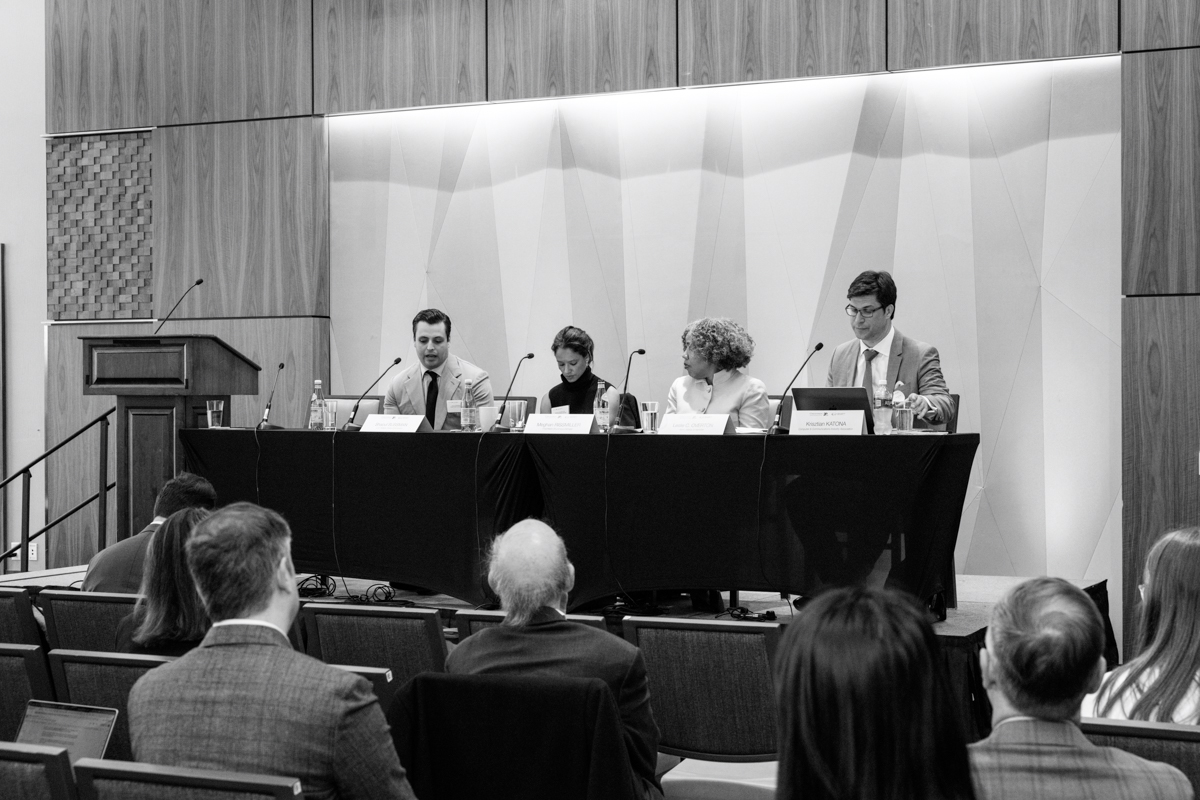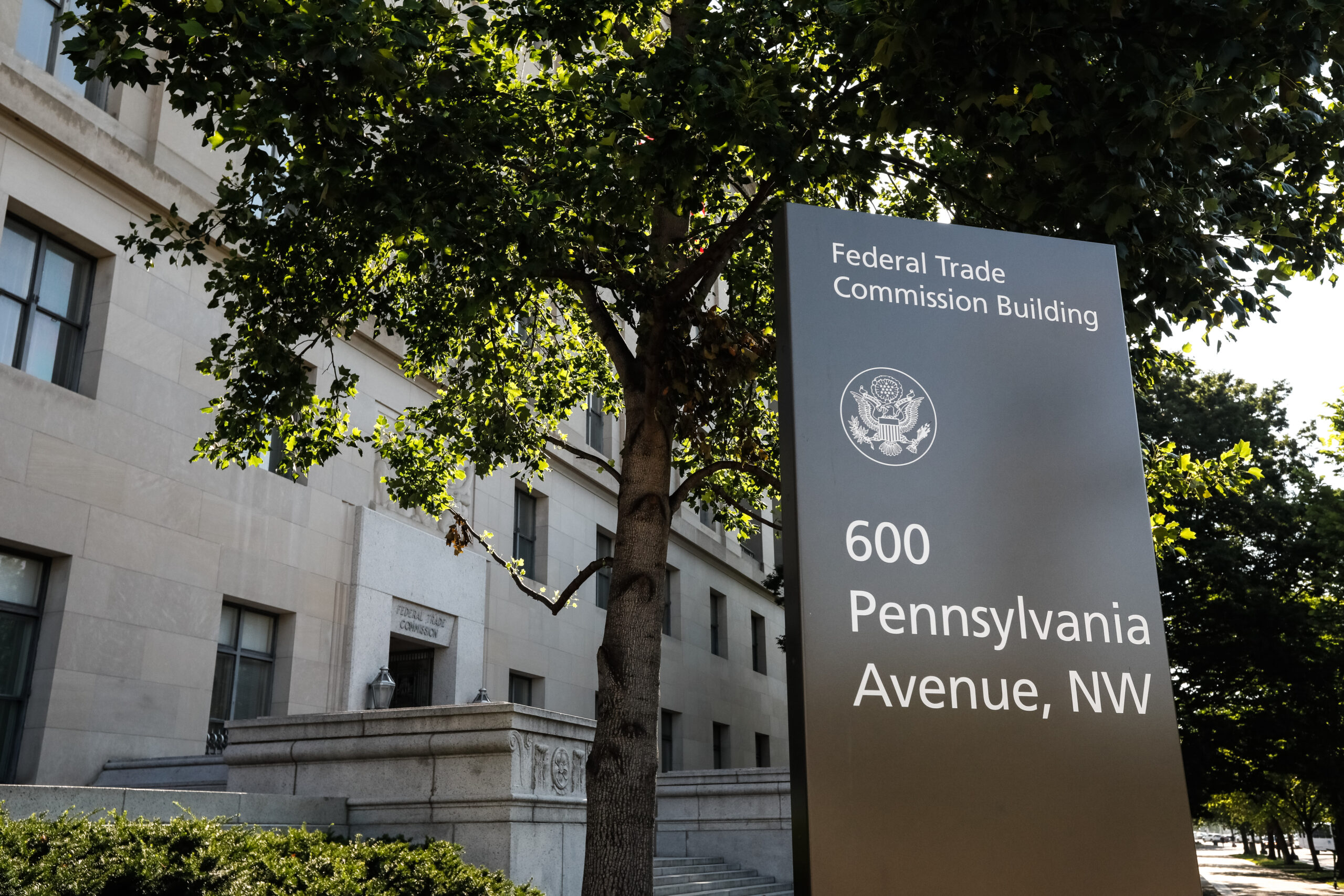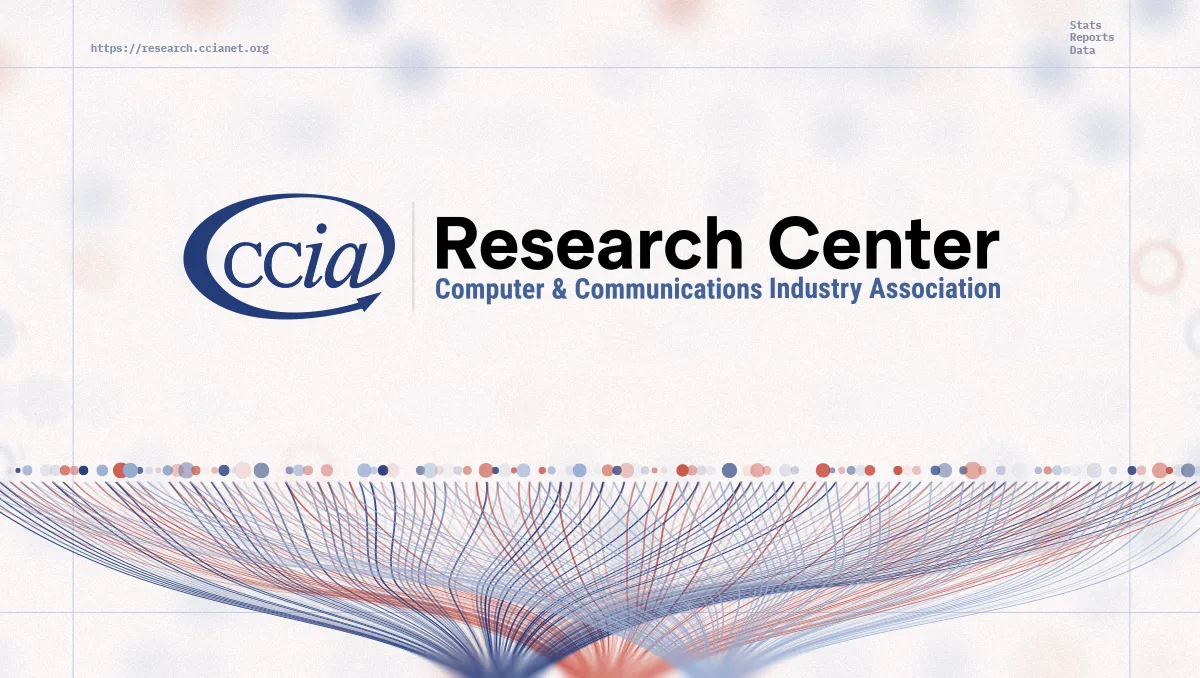U.S. Merger Enforcement Experiments Could Significantly Harm Innovation and the Start-up Ecosystem

Recently the U.S. federal antitrust enforcement agencies have been considering novel and creative approaches in their review of transactions that traditionally would not have triggered close antitrust review. Start-up acquisitions, in particular, have been receiving extensive scrutiny from the Federal Trade Commission (FTC) and the Antitrust Division of the Department of Justice (DOJ). One of the tools the U.S. agencies have deployed in their merger review is an ever-narrowing relevant market analysis. However, as FTC Commissioner Christine Wilson’s study underscores, the trend toward drawing ever-narrower relevant markets has significantly altered traditional antitrust rules and changed the merger review standards that have been applied in the U.S. for decades. A key example as to how the agencies are further experimenting with redrawing merger enforcement is the FTC’s recent lawsuit attempting to block Meta’s acquisition of Within, the company behind the virtual reality (VR) fitness app Supernatural.
In a move completely at odds with decades of federal merger policy and precedent, the FTC is challenging Meta’s acquisition of Within after overruling agency staff’s recommendation not to block the deal. In this case, the FTC doesn’t seem to be following its own merger enforcement principles reflected in its 2021 OECD submission on potential and nascent competition issues; in fact, as former FTC Chair William Kovacic put it, the Meta/Within FTC challenge is “deliberately experimental.” The FTC’s lawsuit is based on the unsubstantiated assumption that “the Acquisition is presumed likely to create or enhance market power and is presumptively unlawful.” Beyond the unsubstantiated assumption in this matter, blocking start-up acquisitions under rigid presumptions of competitive harm and narrow market definitions could lead to significant unintended consequences and real harm to the start-up ecosystem, innovation, and the U.S. economy.
Given the significant economic impact of blocking start-up transactions, it is crucial that the FTC and DOJ fully understand the various business models behind digital realities, as well as their ongoing dynamics. Unfortunately, while analyzing the VR market in its case against Meta, the FTC did not seem to consider how dynamic and competitive the VR space is. The VR market has proven to have low barriers to entry as evidenced by the number of companies that have entered the market recently. Companies like Pico (owned by ByteDance), Apple, Google, Sony, Samsung, Intel, Microsoft, and Nvidia are all investing heavily in the space. There is even more activity in VR app development, and there is frequent entry from small developers. And, as VR adoption increases, one can expect to see even more entry and competition from other companies. The FTC’s case did not analyze these market realities and seems to confuse Meta’s objective to innovate with an alleged dominance of the VR market, when in fact there is thriving competition in the VR space.
The FTC’s approach seems to be based on the presumption of competitive harm of “large firms” and the necessity of narrowing relevant markets in merger analysis. However, from an economic point of view, it is crucial to consider that VR is a nascent market in which growth is rapid and unpredictable. Companies are actively working to develop compelling content that will attract and retain users and justify continued investment. For example, in March 2020, only 20 VR apps grossed more than a million dollars in revenue. By the end of 2021, the number of VR apps grossing a million dollars had increased to 120. Apple is developing an AR/VR headset that is expected to target app developers, while Pico (owned by TikTok’s parent company) recently entered the market with a VR headset accompanied by an app store with games and similar applications. The VR market is just starting and it is unclear who the winners and losers will be. Companies are testing hardware and software and simultaneously developing the technical and ethical standards that will shape how the next iteration of interconnectivity will be governed.
What consequences can be expected from U.S. agencies changing decades of merger control practice and attempting to block start-up transactions that are not anticompetitive? First and foremost, the U.S. innovation ecosystem and the U.S. economy would be harmed tremendously. Second, it is important for the agencies to consider that it is not only Meta and other American companies that are looking at the VR space; firms in other countries and around the world are heavily investing in VR as well. China, for example, recently announced a five-year plan demonstrating its intention to prioritize investment and growth in this sector. The country intends to ship more than 25 million VR devices valued at approximately $48.2 billion by 2026. A state-backed think tank, the China Academy of Information and Communications, published a report stating that China’s motivation is a result of the U.S. and South Korea’s identification of VR as an important industry. Therefore, if leading U.S. companies’ innovation and growth are constrained, Chinese firms will quickly occupy the space. Considering the above, the FTC’s lawsuit may have an unintended negative impact on VR innovation and could grant a significant advantage to Chinese companies that are not subject to the same rules.
Additionally, if the FTC continues its “deliberately experimental” merger enforcement approach, U.S. companies will face continued regulatory hurdles that impact how they conduct business. It is important to consider that M&A activity is a healthy part of the US economy and nearly 60 percent of startups report that being acquired is the long-term goal for their business. While M&A review is necessary to ensure that robust competition governs the U.S. market economy, it should be based on economic evidence and solid legal principles that can be used to accurately establish the market definition of each transaction. Based on this, only potentially anticompetitive mergers should be challenged by the agencies.
In the FTC’s challenge to Meta/Within, defining the relevant market under a traditional antitrust approach would have led to the straightforward conclusion that, with very low barriers to entry in the VR market, the transaction would not harm competition. In fact, the wide adoption of VR requires significant investment and partnership from a multitude of stakeholders. The FTC should recognize this dynamic, encourage a vibrant M&A ecosystem in the U.S., and avoid bringing enforcement challenges where there is no harm to competition.








